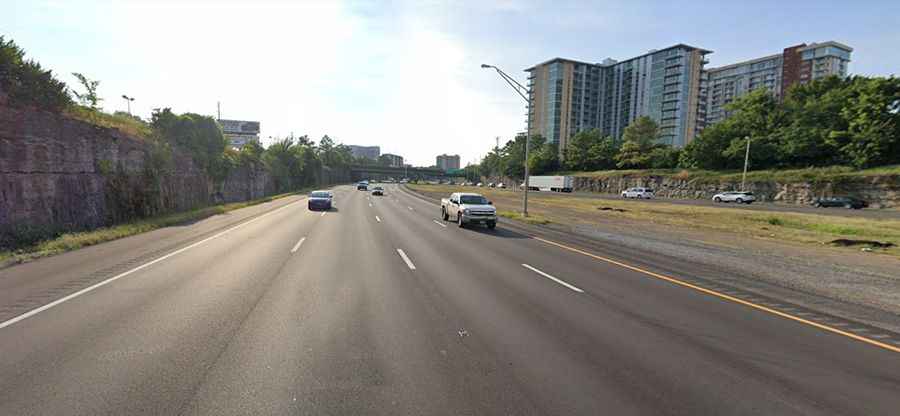Interstate 40: The Deadliest Highway Corridor in Tennessee
In Tennessee, drivers travel nearly seven billion vehicle miles annually along the state’s extensive road network. Major arteries like Interstate 65, Interstate 24, and Interstate 40 account for 750 miles of critical infrastructure, serving millions of local and transcontinental travelers every year.

| Road facts: Interstate 40 (Tennessee) | |
|---|---|
| Length (TN section) | 455 miles |
| Major Connections | Memphis - Nashville - Knoxville |
| Statistical Data | 517 fatalities in a 10-year study period |
| Primary Hazards | High traffic volume & hilly, winding terrain |
Unfortunately, high traffic volume on these corridors translates to a significant risk of fatal accidents. Recent data from the Tennessee Highway Patrol indicates a rising trend in traffic-related fatalities, surpassing figures from previous decades and making road safety a primary concern for those traversing the Volunteer State.
I-40: The Deadliest Segment
According to research based on data from the National Highway Traffic Safety Administration (NHTSA), the segment of I-40 running through Tennessee is officially the state’s deadliest highway. The 455-mile section recorded 437 major crashes and 517 fatalities over a 10-year study period. Nationally, Tennessee’s crash statistics on this route were second only to the notorious US-1 in Florida.
Why Is I-40 So Dangerous?
Interstate 40 is one of the most important east-west highways in the United States, stretching 2,560 miles from Barstow, CA, to Wilmington, NC. In Tennessee, it serves as the main artery connecting the state’s three largest hubs: Nashville, Memphis, and Knoxville.
The danger of this road stems from a "perfect storm" of factors:
- Extreme Traffic Volume: Tens of thousands of long-haul trucks and passenger vehicles share the lanes every single day.
- Complex Terrain: Unlike the flat sections of I-40 in the West, the Tennessee portion features windy, hilly terrain that challenges vehicle stability and reduces sightlines.
- Weather Fluctuations: Rapid changes in visibility due to rain or fog in the Appalachian foothills frequently lead to high-speed pile-ups.
Technical Safety Considerations
Navigating the I-40 requires constant vigilance. Due to the high highway speed limit of 65-70 mph, a vehicle travels nearly 20 feet in the time it takes to blink (about two-tenths of a second). In the winding sections of Tennessee, this leaves almost no margin for error when reacting to sudden braking or debris on the road.
Maintaining a safe following distance and strictly adhering to speed limits—especially through the hilly curves between Nashville and Knoxville—are the only ways to mitigate the inherent risks of this transcontinental corridor.